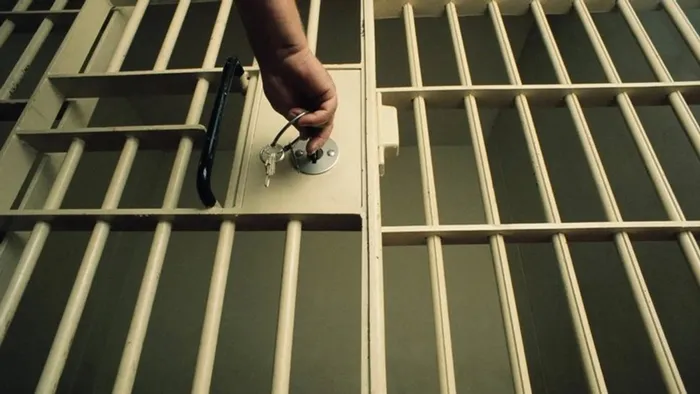Surge in sexual offences in South Africa: Civil society calls for urgent reforms

With sexual offences in South Africa nearly tripling in just four years, activists are sounding the alarm on a crisis of accountability.
Image: File
Sexual offences in South Africa have nearly tripled in just four years, according to Statistics South Africa’s latest Governance, Public Safety and Justice Survey (GPSJS).
The survey shows incidents rose from 25,000 in 2020/21 to 73,000 in 2024/25, reflecting what activists describe as a crisis of accountability and political will.
Sabrina Walter, founder of Women For Change, said the figures highlight “deep-rooted structural and systemic failures”. She pointed to entrenched gender inequalities and patriarchy that “normalise violence”, alongside poverty and unemployment which heighten vulnerability for women and girls.
“At the same time, the constant failure of SAPs and our justice system and low conviction rates have eroded trust in the justice system. Many survivors still fear reporting due to stigma and victim-blaming.
“This increase shows both a real escalation in violence and, in some cases, a greater willingness to report. Ultimately, I believe it is the absence of accountability and lack of political will that remain the biggest drivers behind South Africa’s ongoing sexual violence crisis,” Walter said.
She added that police strategies were falling short.
“SAPS is definitely in a crisis. The police are severely underfunded, under-resourced, and struggling with deep institutional problems. Every day, survivors report mistrust in the police, citing poor handling of cases, delays, and constant victim-blaming. While specialised GBV desks and policies exist on paper, their impact on the ground is minimal. Without urgent reform and real accountability, SAPS strategies will remain ineffective in preventing or responding to sexual violence.”
Walter said civil society had pioneered the most effective interventions.
“The National Strategic Plan on GBVF was born from their work, offering concrete solutions to fight this pandemic. Movements like #TotalShutdown and Women For Change forced political attention when the government failed to act. However, to truly succeed and see statistics decline, these interventions require proper funding, political will, and integration into every province, especially in rural and township areas, where services are often non-existent,” she said.
The Stats SA survey also highlighted broader crime patterns. Housebreaking remained the most common crime affecting households, with an estimated 1,500,000 incidents in 2024/25, representing 5.7% of households. KwaZulu-Natal households were among the most affected, but only 43% of victims reported cases to police.
Crimes against individuals followed similar patterns. Theft of personal property affected 1 200 000 people in 2024/25, while consumer fraud rose sharply from 552 000 to 811 000 incidents. Reporting rates remained low, although fraud cases showed a slight increase in reports to police.
Perceptions of safety were also mixed. While 81% of people said they felt safe walking in their neighbourhoods during the day, only 36.1% felt safe after dark. Limpopo recorded the highest levels of safety both day and night, while residents of the Western Cape and Mpumalanga were most likely to feel unsafe.
Walter said meaningful reform must focus on survivor protection.
“What we need is political will and accountability. Without ring-fenced funding and clear targets, survivors will continue to be failed.”
The Democratic Alliance (DA) said the findings confirmed South Africa’s worsening crime crisis.
DA spokesperson on police Lisa Schickerling said: “SAPS failure, corruption and weak intelligence leave communities unsafe and mistrustful. The DA calls for urgent SAPS reform, devolution of powers, and stronger community policing.”
She added: “Only 36.1% of South Africans feel safe walking alone at night in their own communities. An estimated 983,000 households were victims of housebreaking in the past year.
“Nearly 846,000 people fell victim to theft of personal property. Our communities remain under siege due to violent crimes such as murder, assault, robbery, rape and sexual offences.”
According to Schickerling, SAPS’ lack of intelligence capacity means the police remain reactive. “Without a functional intelligence unit that can anticipate, prevent, and disrupt criminal activity, communities remain exposed, and SAPS is left reacting to crises instead of preventing them.”
Related Topics: